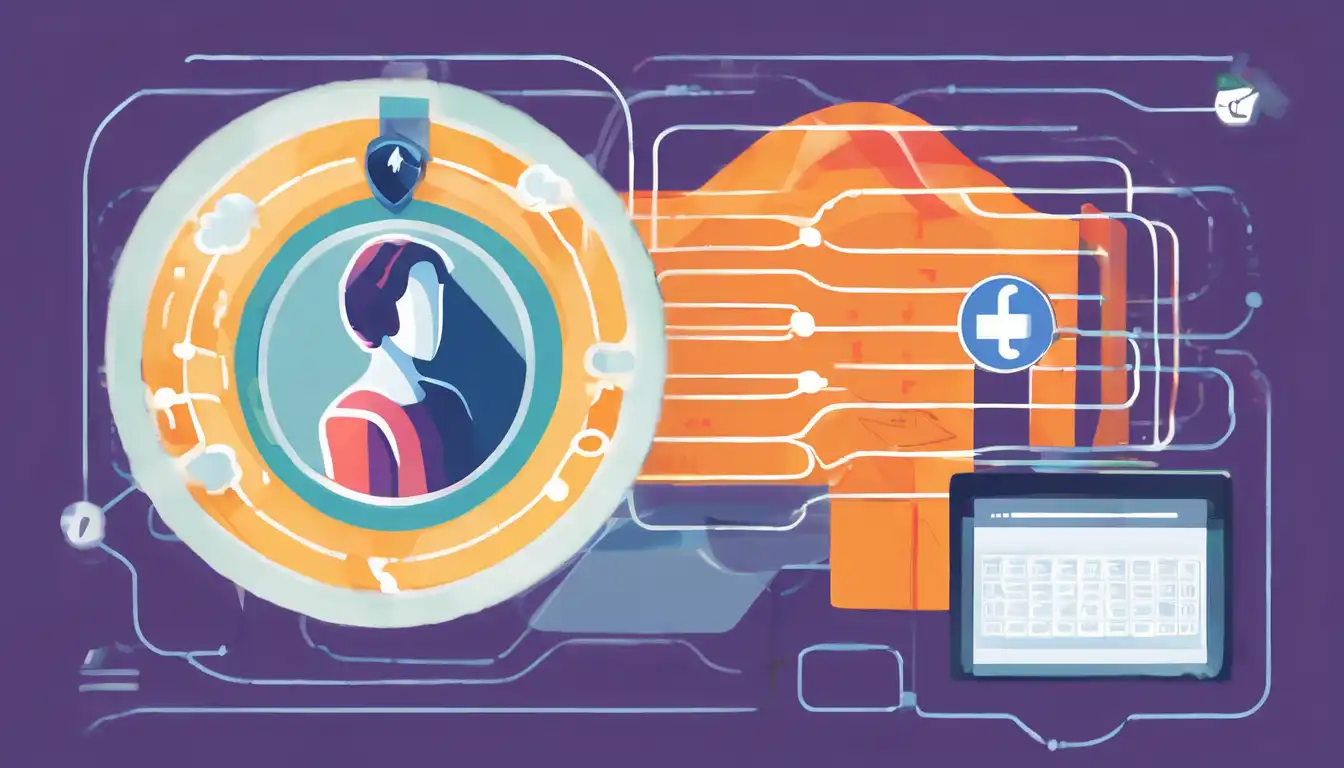Why VPNs Are Crucial for Online Privacy
In today's digital age, protecting your online privacy has never been more important. With cyber threats on the rise, a Virtual Private Network (VPN) serves as a critical tool in safeguarding your internet connection. This guide delves into the importance of VPNs and how they enhance your online privacy.
What Is a VPN?
A VPN is a service that encrypts your internet connection and routes it through a server in a location of your choice. This not only secures your data from hackers but also masks your IP address, making your online actions virtually untraceable.
The Benefits of Using a VPN
- Enhanced Security: VPNs encrypt your data, protecting it from cybercriminals.
- Privacy Protection: By hiding your IP address, VPNs keep your browsing history private.
- Access Restricted Content: VPNs allow you to bypass geo-restrictions and access content from anywhere in the world.
- Safe Public Wi-Fi Use: VPNs secure your connection on public Wi-Fi networks, which are often unsecured.
How VPNs Protect Your Online Privacy
VPNs play a pivotal role in maintaining your online anonymity. By creating a secure tunnel for your data, they ensure that your personal information, such as passwords and credit card numbers, remains out of reach from prying eyes.
Choosing the Right VPN
Not all VPNs are created equal. When selecting a VPN, consider factors such as encryption standards, no-log policies, and server locations. Opting for a reputable VPN provider is essential for maximum privacy protection.
VPNs and Internet Freedom
Beyond privacy, VPNs are a tool for promoting internet freedom. They enable users in restrictive countries to access uncensored information and communicate freely without fear of surveillance.
Final Thoughts on VPNs and Online Privacy
In conclusion, VPNs are an indispensable tool for anyone looking to protect their online privacy. Whether you're concerned about security, privacy, or accessing unrestricted content, a VPN offers a comprehensive solution. Remember, in the realm of digital security, being proactive is always better than being reactive.
For more insights on enhancing your digital security, explore our guide on Internet Security Tips.
